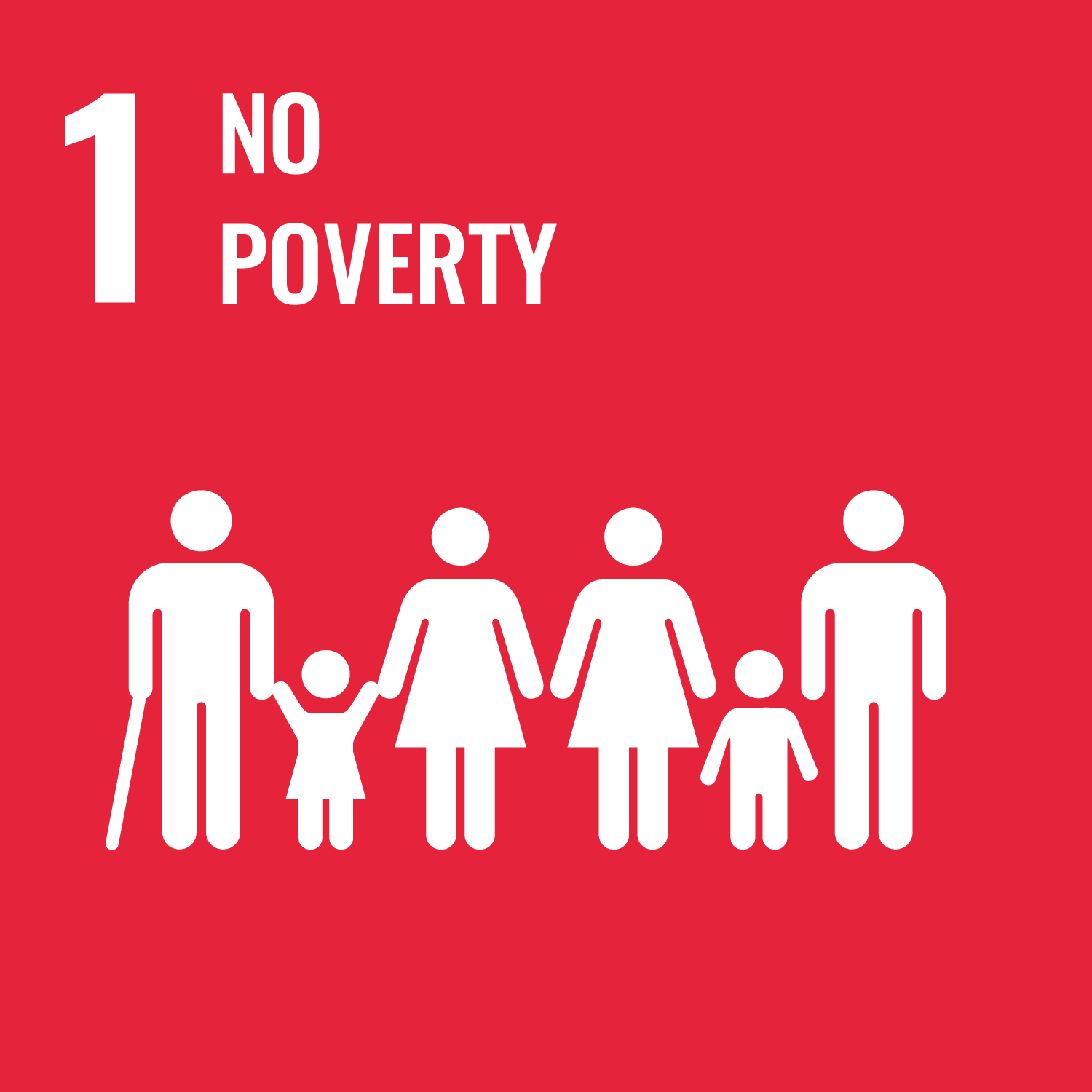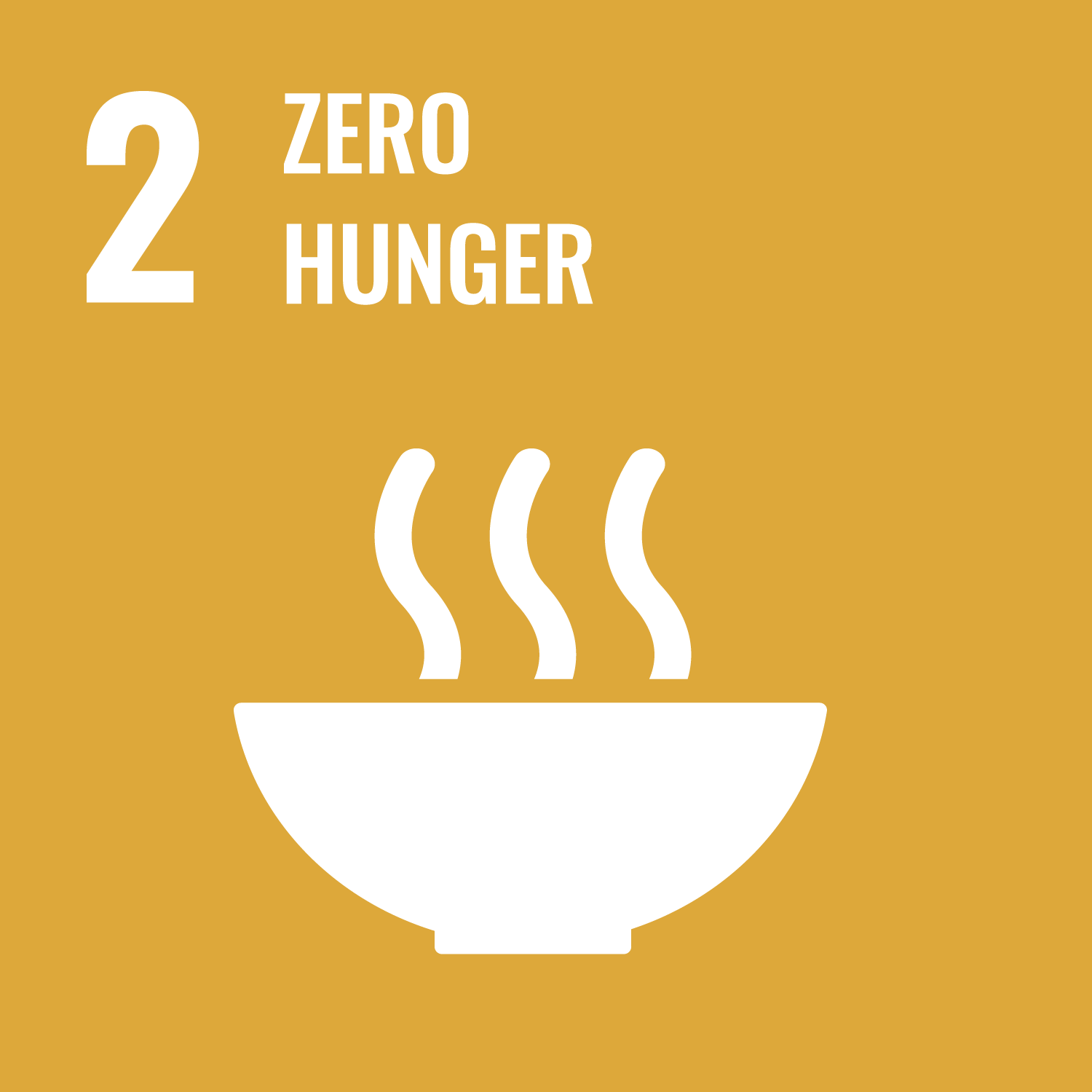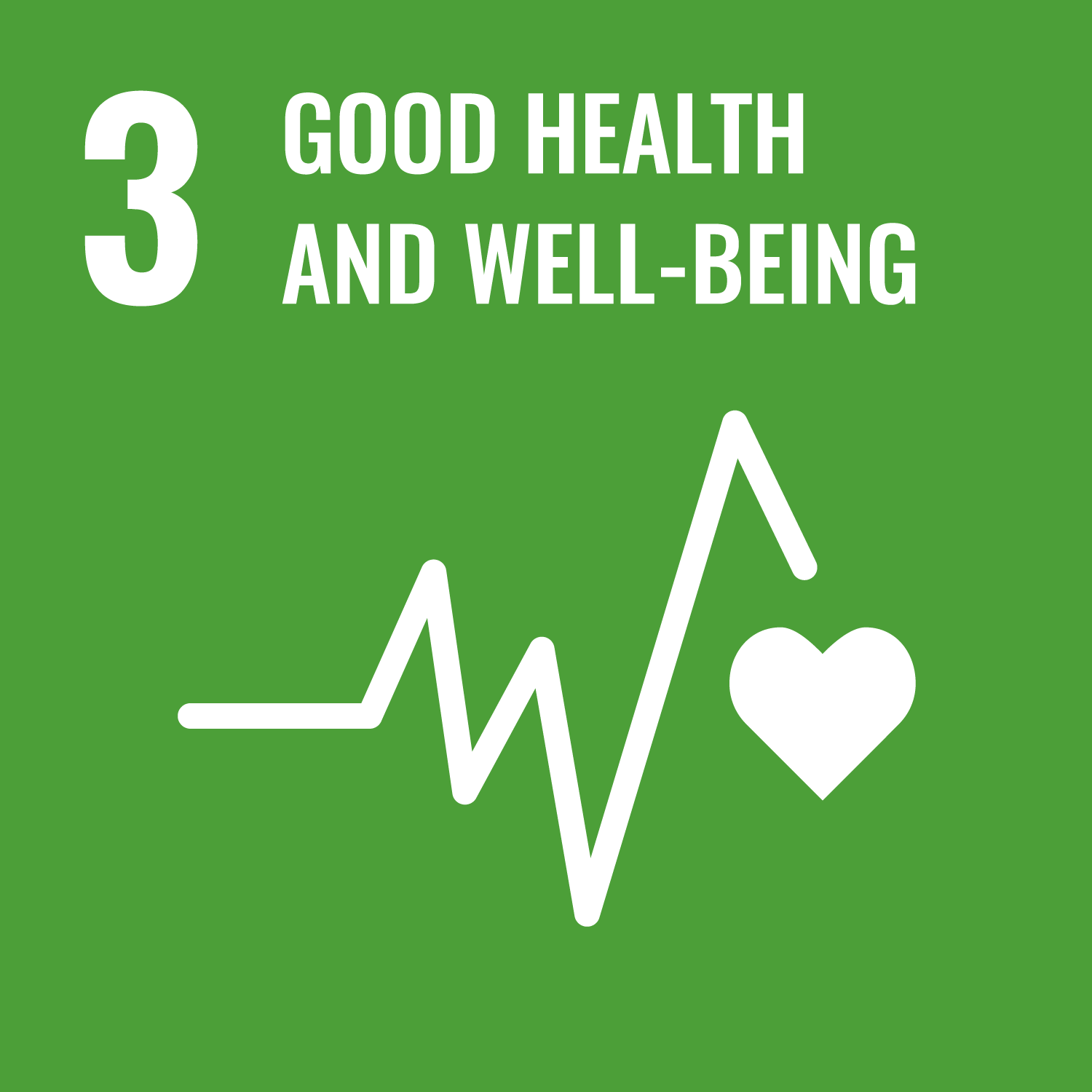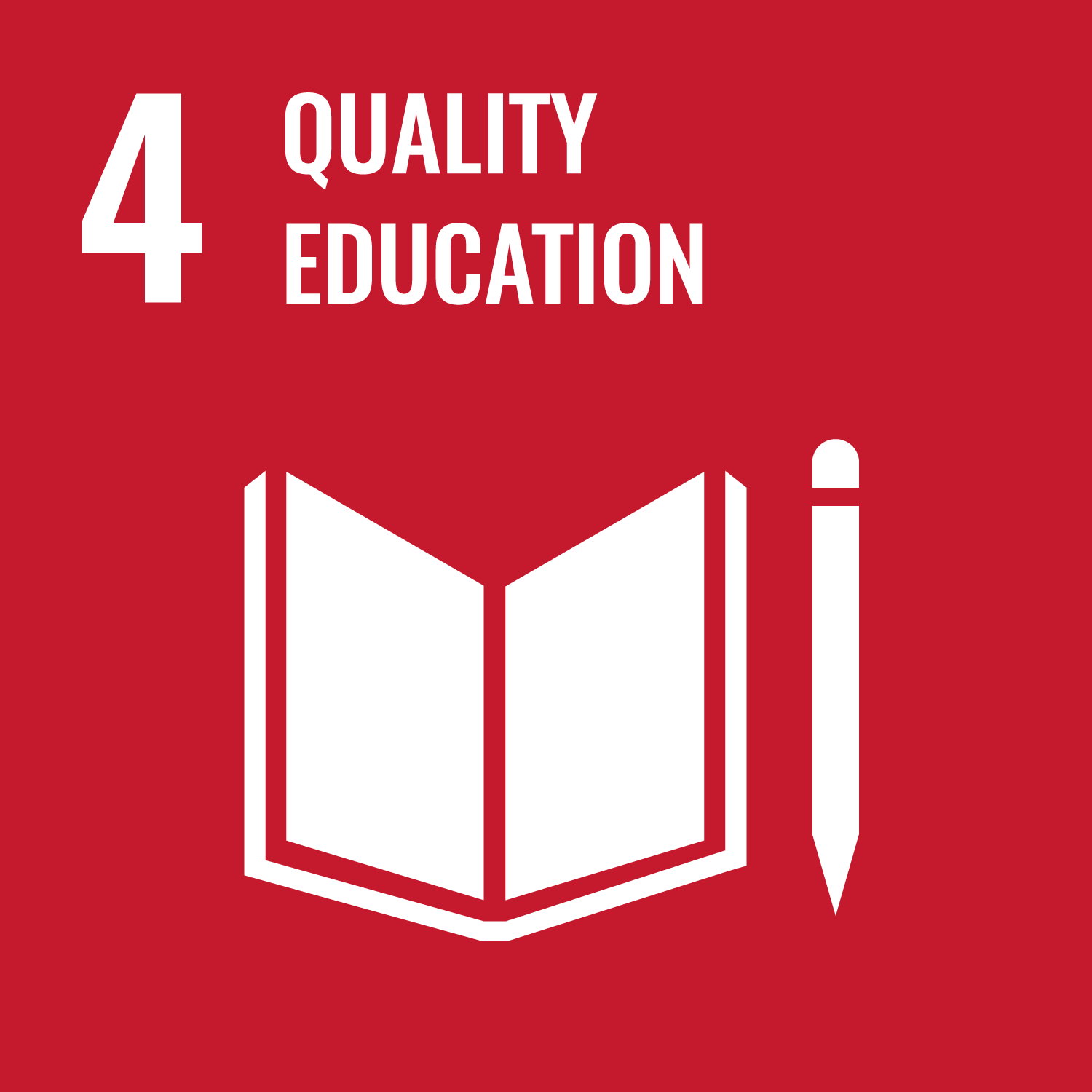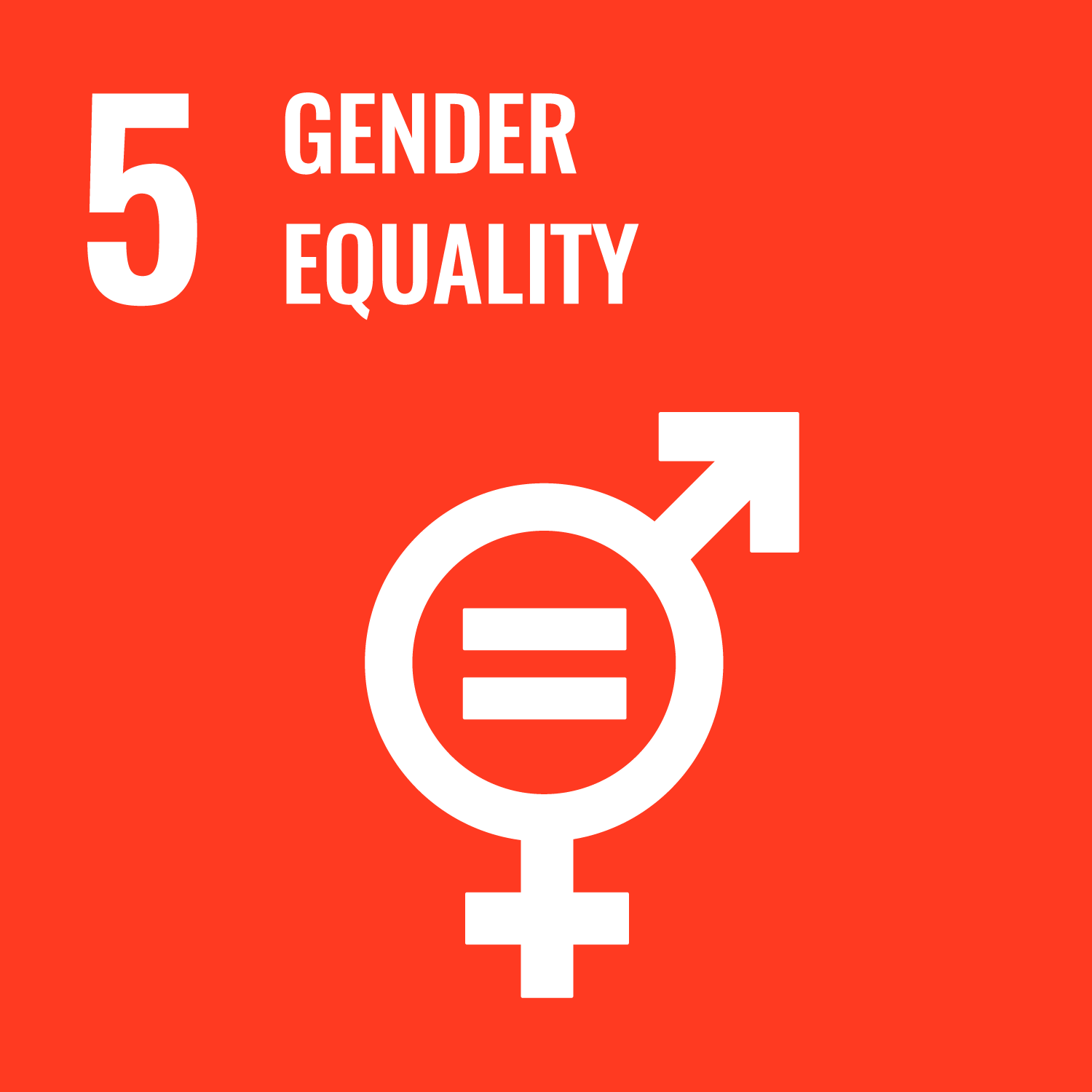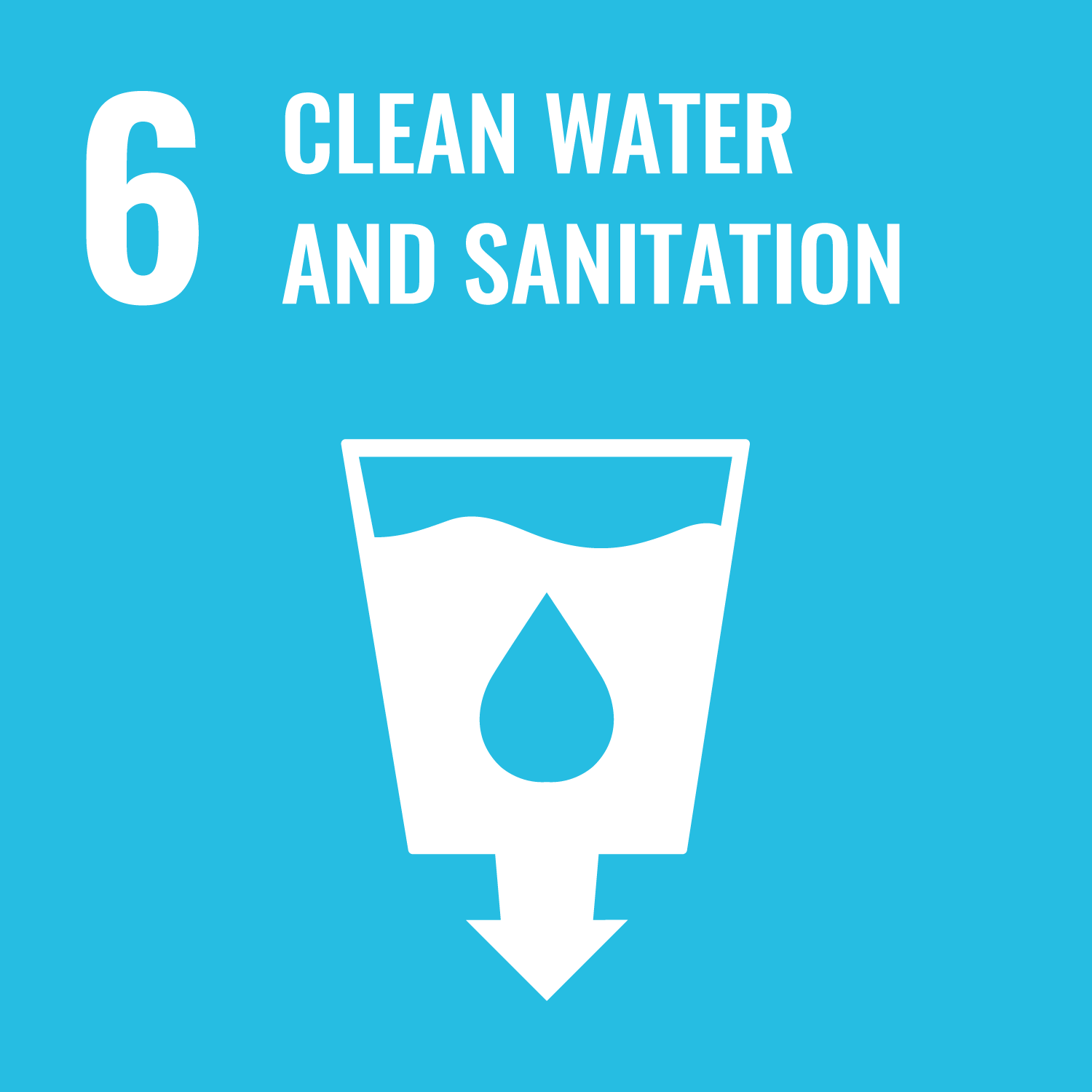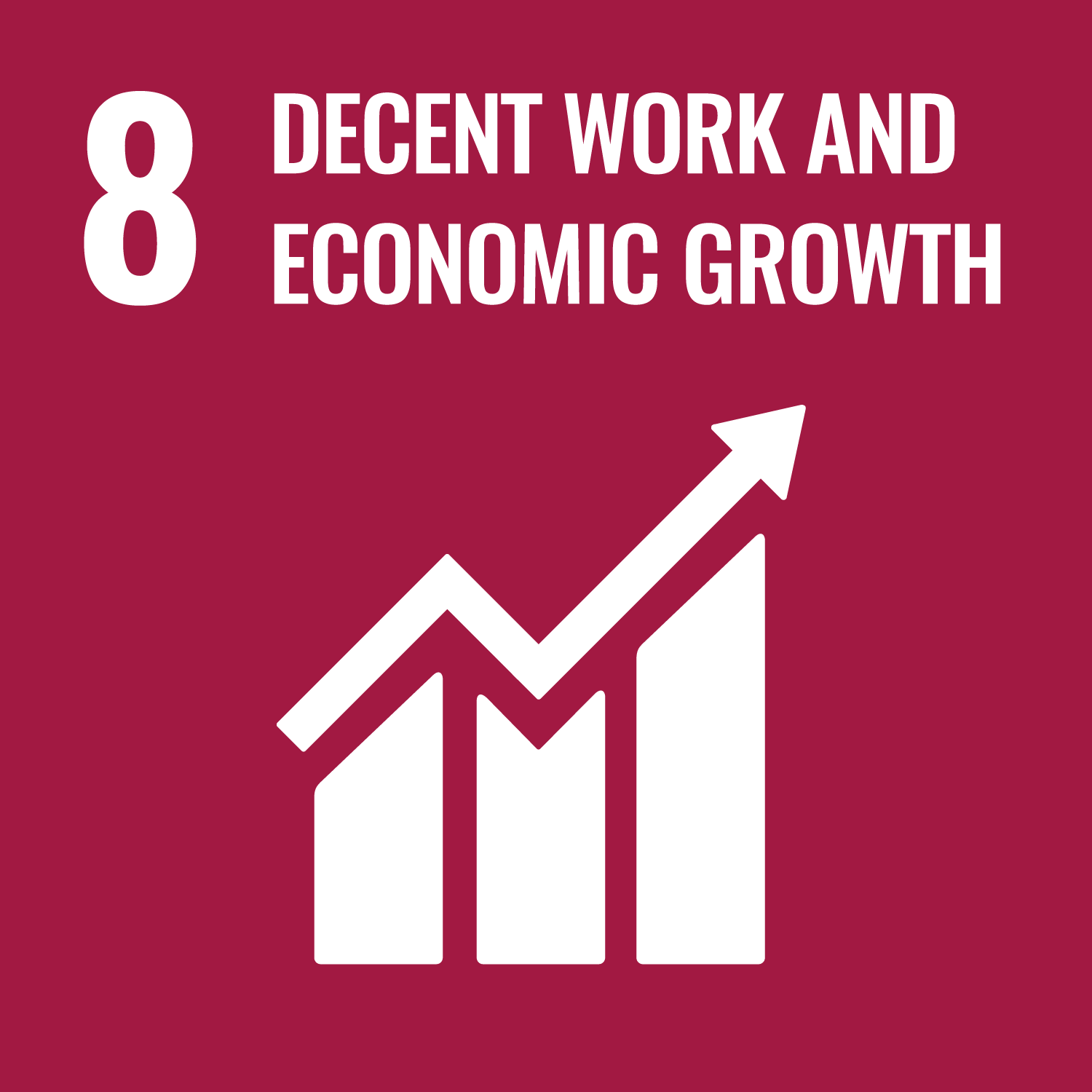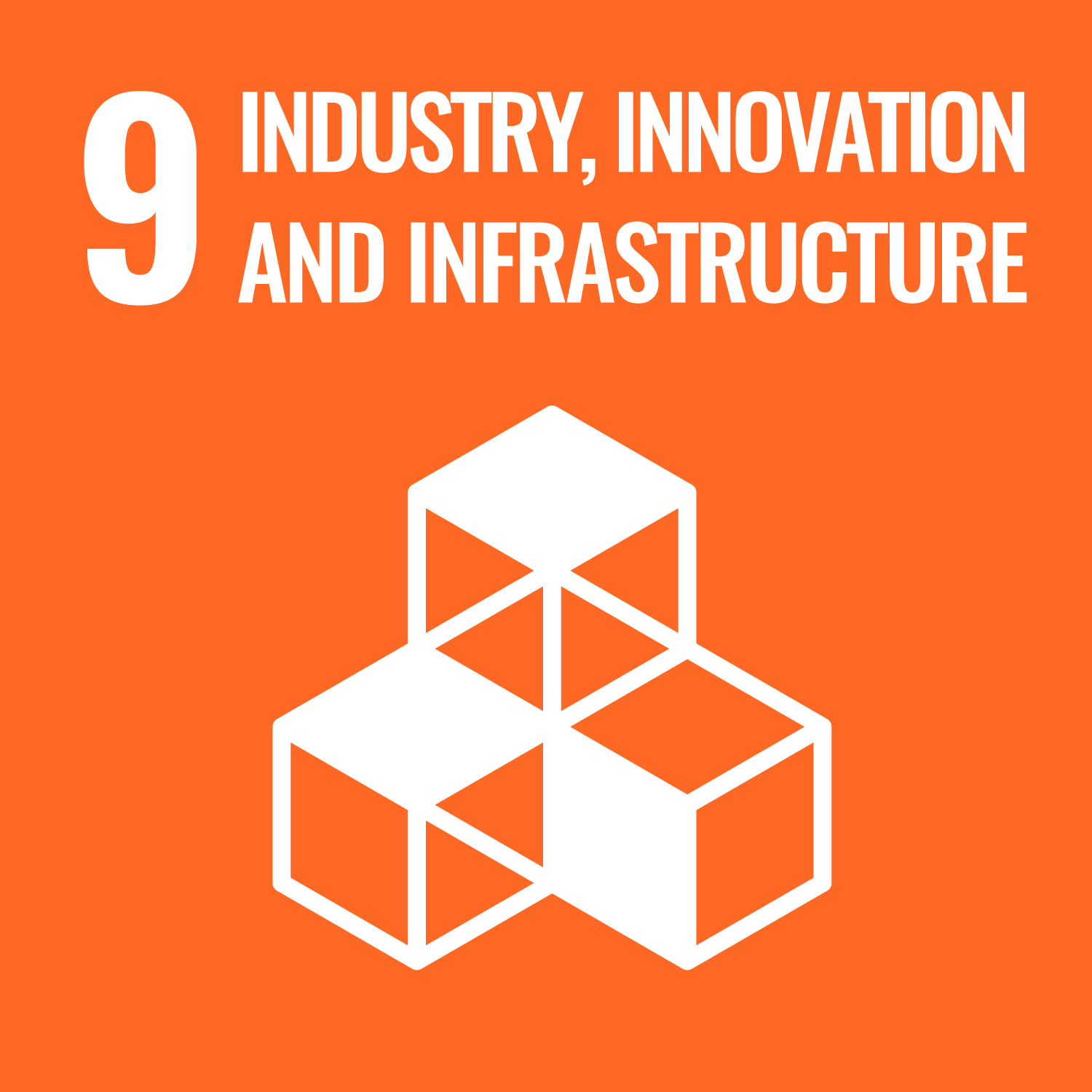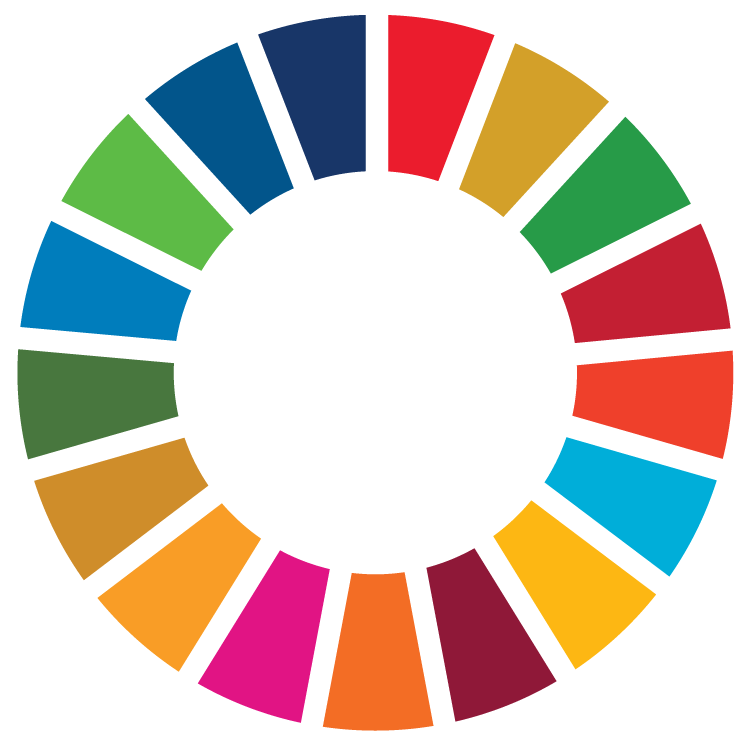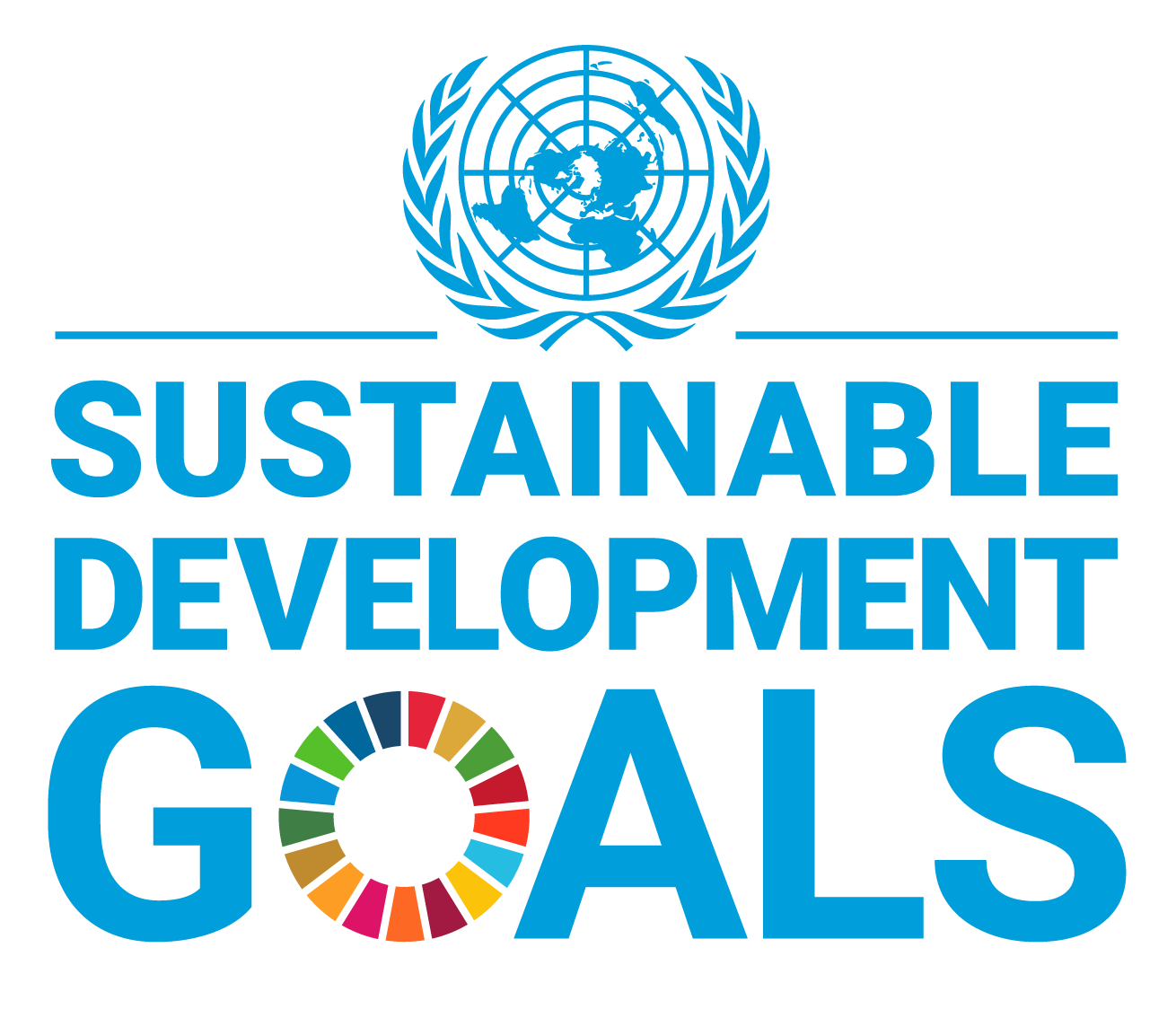- Beranda
- Tentang Kami
- Akademik
- Kemahasiswaan
- Riset
- Unit Layanan Fakultas
- LPPKM
- SDGs Initiatives
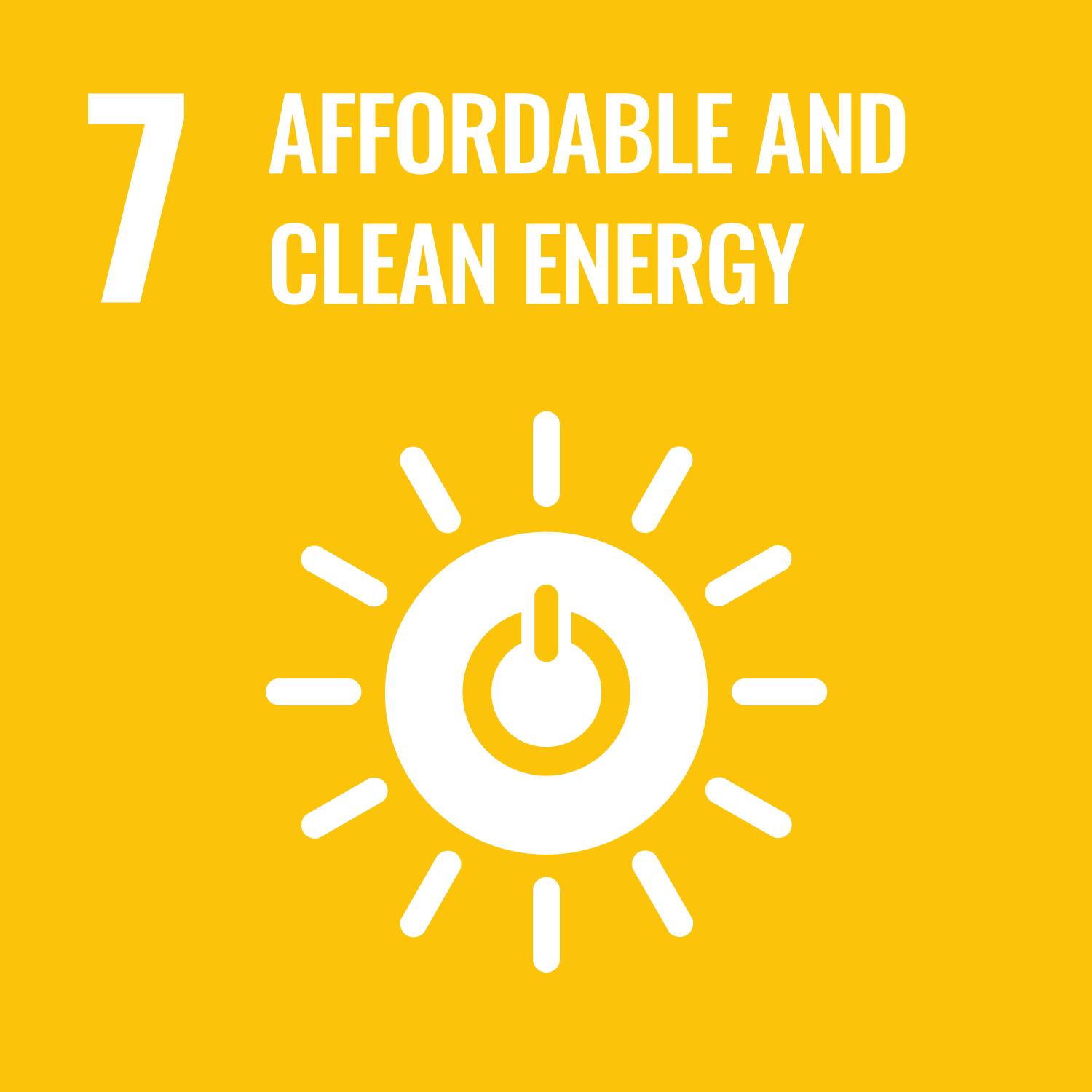

The Faculty of Public Health, Universitas Indonesia has plans to reduce energy consumption, such as:
1) Replace damaged conventional electrical equipment with energy-saving equipment such as lamps, air conditioners, computers and laptops used in work units and lecture rooms.
2) Reduce light usage, especially in work areas with large windows that allow more natural light to enter the room such as the Non-Academic Quality Assurance Unit and Staff Lounge, as well as several lecture rooms.
3) Promote electricity saving through stickers, especially in several work areas and classrooms.
4) Create a policy of turning off the AC and lights after the lecture is finished and the class is no longer in use, as well as turning on the AC and computer 5-10 minutes before the lecture starts.
5) Provide solar panels as a renewable energy source located in the carpark next to the canteen and on the roof of Bougenville Park. These two solar panels have a maximum output of 5 kWp and 7 kWp or a total of 12 kWp. Based on record, the average results obtained per day in 2023 are 26.01 kWh, with the total energy produced in 2023 amounting to 9,363.70 kWh. The energy produced is distributed to reduce the need for conventional electricity in the surrounding building area.
Carbon and emission reduction is carried out through several activities, including:
1) GOWES campaign (cycling to campus),
2) Reducing the parking area and turning it into a park,
3) Increase plant conversion,
4) Socialization and education
5) Providing emission-free vehicles (otopeds, bicycles, hybrid cars, electric motorbikes) that can be used by the academic community in the campus area.
The Faculty of Public Health, Universitas Indonesia has plans to reduce energy consumption, such as:
1) Replace damaged conventional electrical equipment with energy-saving equipment such as lamps, air conditioners, computers and laptops used in work units and lecture rooms.
2) Reduce light usage, especially in work areas with large windows that allow more natural light to enter the room such as the Non-Academic Quality Assurance Unit and Staff Lounge, as well as several lecture rooms.
3) Promote electricity saving through stickers, especially in several work areas and classrooms.
4) Create a policy of turning off the AC and lights after the lecture is finished and the class is no longer in use, as well as turning on the AC and computer 5-10 minutes before the lecture starts.
5) Provide solar panels as a renewable energy source located in the carpark next to the canteen and on the roof of Bougenville Park. These two solar panels have a maximum output of 5 kWp and 7 kWp or a total of 12 kWp. Based on record, the average results obtained per day in 2023 are 26.01 kWh, with the total energy produced in 2023 amounting to 9,363.70 kWh. The energy produced is distributed to reduce the need for conventional electricity in the surrounding building area.
The identification of energy waste is carried out by the Facility Unit by looking at energy consumption data received from the recapitulation of faculty electricity bills. Based on this data, energy waste is usually caused by many activities in the campus area being carried out offline.
The Faculty of Public Health, Universitas Indonesia already has solar panels as a renewable energy source located in the carpark next to the canteen and on the roof of Bougenville Park. These two solar panels have a maximum output of 5 kWp and 7 kWp or a total of 12 kWp. Based on record, the average results obtained per day in 2023 are 26.01 kWh, with the total energy produced in 2023 amounting to 9,363.70 kWh. The energy produced is distributed to reduce the need for conventional electricity in the surrounding building area.

